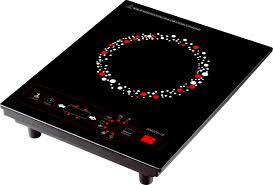记忆方法
记忆“induction”的方法是将其分解为两个部分:“in”和“duction”。想象“in”表示向内,而“duction”类似于“duction”的后缀,可以联想到引导或引入的过程。所以,“induction”可以想象成一种向内部引导或引入的过程,比如电的接入或新员工的入职培训。
以上内容由AI生成, 仅供参考和借鉴
中文词源
induction 就职仪式
来自induct,就职,入伍。
英语词源
- induction (n.)
- late 14c., "advancement toward the grace of God;" also (c. 1400) "formal installation of a clergyman," from Old French induction (14c.) or directly from Latin inductionem (nominative inductio) "a leading in, introduction," noun of action from past participle stem of inducere "to lead" (see induce).
As a term in logic (early 15c.) it is from Cicero's use of inductio to translate Greek epagoge "leading to" in Aristotle. Induction starts with known instances and arrives at generalizations; deduction starts from the general principle and arrives at some individual fact. As a term of science, c. 1800; military service sense is from 1934, American English.
权威例句
- 1. His induction as a teacher was a turning point in his life.
- 他就任教师工作是他一生的转折点.
- 2. This is an induction motor.
- 这是台感应电动机.
- 3. This is a double induction coil.
- 这是一对感应线圈.
- 4. My argument follows the rules of logical induction.
- 我是遵循逻辑归纳的法则进行论证的.
- 5. Every induction is a speculation.
- 所有归纳推理都是一种猜测.
